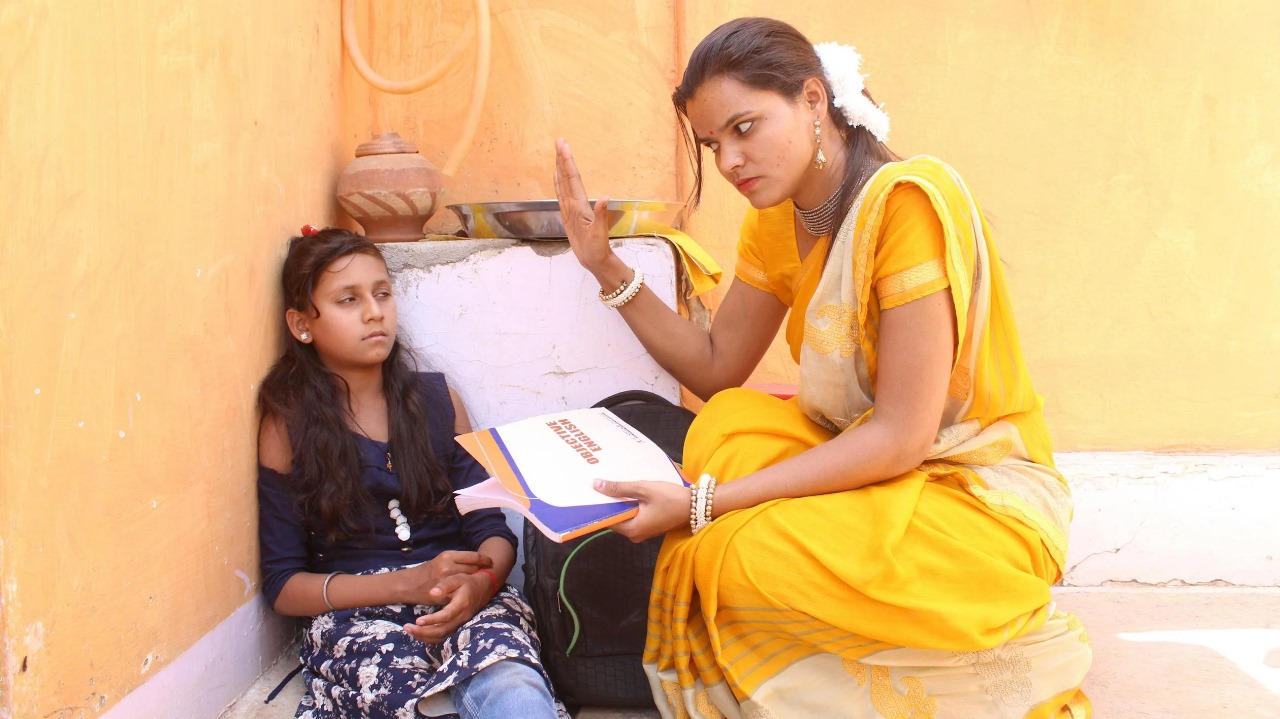Suppose two kids are given a chocolate bar. As a parent/caregiver wanting to teach fairness, the smart thing is to split the chocolate in half. Right? But wait—what if only one child likes chocolate? Is it still fair? Or would it be better to give the whole bar to the child who enjoys it?
Fairness is about getting everybody’s needs met. If each person’s needs were identical, then splitting the chocolate bar in half would work perfectly 100% of the time. But we know all too well that our children are more nuanced than that.
This principle doesn’t just apply between siblings either. There’s also the question of what’s fair between parent and child. While a fancy steak dinner might feel like a treat for you, it might feel like a punishment to your kid. They may respond with one of the three R’s (rebellion, resistance, or retaliation), and you may respond by calling them spoiled or ungrateful. Things spin out of control quickly, all because you expected your child to have a certain reaction to a steak dinner they never wanted to begin with!








